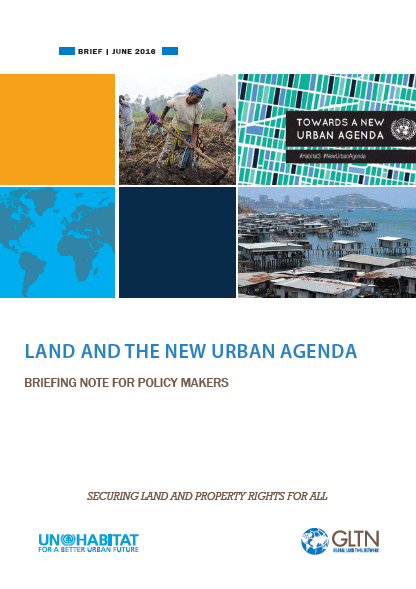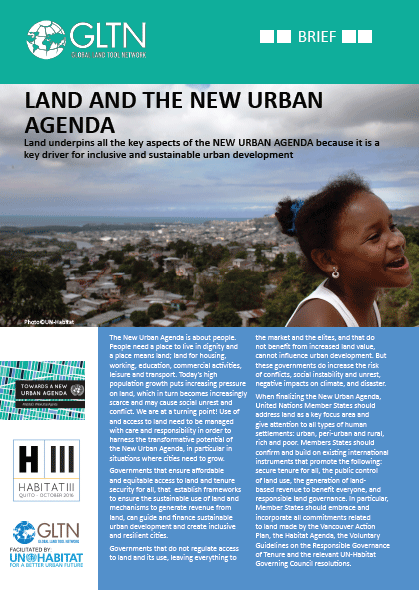Mexico Urban Development : A Contribution to a National Urban Strategy, Volume 1. Main Report
The study aims to contribute towards a
national urban strategy, in an effort to maximize
Mexico's cities competitiveness, and livelihoods, in
the urban economists' terms - to maximize agglomeration
economies, while minimizing congestions costs. The country
is in a good position for this challenge: it has relatively
a mature urban system, implying an overall urban population
growth, and, a reasonably balanced system of cities.



